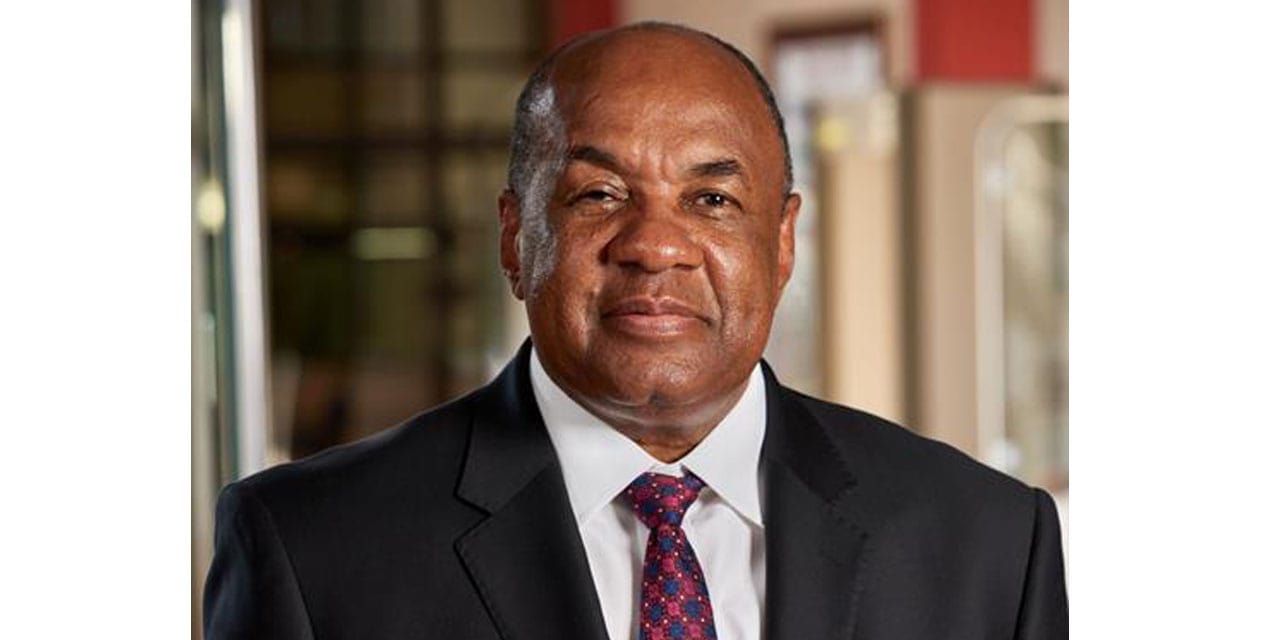Kandjemuni Kamuiiri
Bank of Namibia (BoN) Governor, Johannes !Gawaxab, has come out in defence of existing high banking fees and charges,stating that it was not the role of the central bank to detect what should be charged.
This comes amid concern that high bank charges and fees in the country are contributing to financial exclusion, as members of the public shy away from the formal banking system.
“We need to be careful that we don’t go tell the banks ‘thou shall charge the following fees’ because if that happens then we have got issues with financial stability in the country that we are trying to promote and maintain. We are probably going to be in difficult or rather in hot water.”
According to Governor it is up to the general public to decide which banks and products to use depending on the affordability of the products. “It’s your own choice, do you really want to continue on that basis, do you want to go and try the electronic platform or do you want to try another service provider? As the Bank of Namibia, we did the study and we have issued some directives and guidance about fees,” he said.
“Yes we have got basic fees that we need to charge, and as part of that exercise we told them you need to disclose your fees. If you withdraw money from the ATM you get a notice that so much for that withdrawal.”
The Governor said he was pleased with the performance of the banking sector, which remains profitable, although their profitability was affected by the effects of COVID-19.
“If you look at the past five year period up to December 2019, the provision and write offs represented about 10 percent of total income before tax and provisions of our banks. For 2020 this ratio increased to 36 percent. However we have seen an improvement over the last three months to February 2020 where this ratio has dropped again to 15 percent, and because it increased to 36 percent we watched that, what happened at the end of February, it has come down to 11 percent,” he said.
“It’s probably more market forces than competitive forces. We have to make sure that fees are fair, reasonable on the one end and the other end we need to ensure the financial stability of the system. As the Bank of Namibia we cannot prescribe,” the Governor explained on whether the continued profitability of banks was not of concern to the central bank when the general public was struggling.
Meanwhile the Bank of Namibia on Wednesday announced that its Monetary Policy Committee (MPC) had resolved to keep the Repo rate unchanged at 3.75 percent.
“This decision was taken following a review of global, regional and domestic economic and financial developments. The MPC is of the view that at 3.75 percent, the Repo rate remains appropriate to continue supporting the weak domestic economy, while at the same time safeguarding the one-to-one link between the Namibia Dollar and the South African Rand,” !Gawaxab said.
Stock of international reserves as at the 31st of March 2021, stood at N$34.7 billion compared to N$34.4 billion reported in the February.
“The increase in reserves was mainly due to an inflow resulting from diamond sales, which was partly offset by the appreciation of the NAD against the USD. The N$34.7 billion of international reserves is estimated to cover 5.4 months of imports. At this level, the reserves remain sufficient to protect the peg of the Namibia Dollar to the South African Rand, while meeting the country’s international financial obligations. The MPC noted the increase in international reserves in early April 2021 to N$38.7 billion resulting from the disbursement of the IMF Rapid Financing instrument and SACU receipts,” he said.
!Gawaxab said recent developments in the domestic economy also pointed to subdued activity in most economic sectors during the first two months of 2021, compared to the same period of 2020.
“Going forward, the domestic economy is expected to grow by 2.7 percent in 2021. The successful procurement and expeditious rollout of COVID-19 vaccination in Namibia will be critical for the extent and speed of the economic recovery,” he said.




